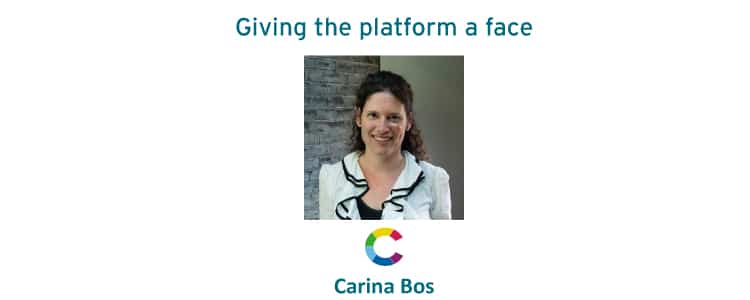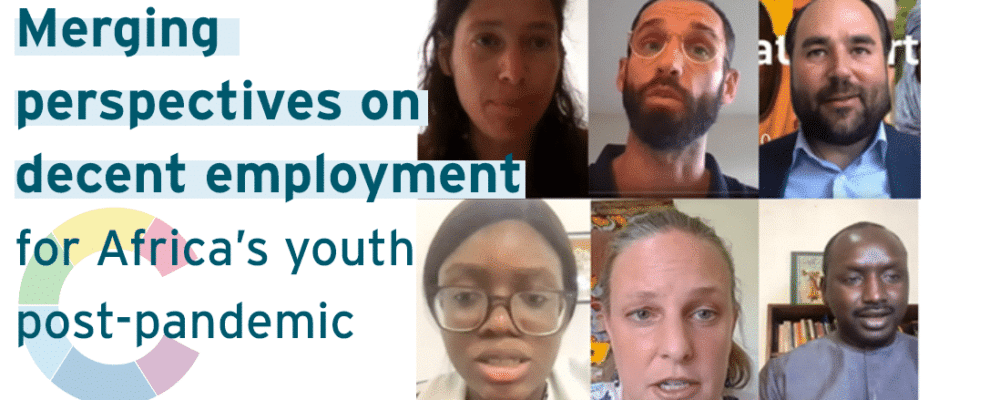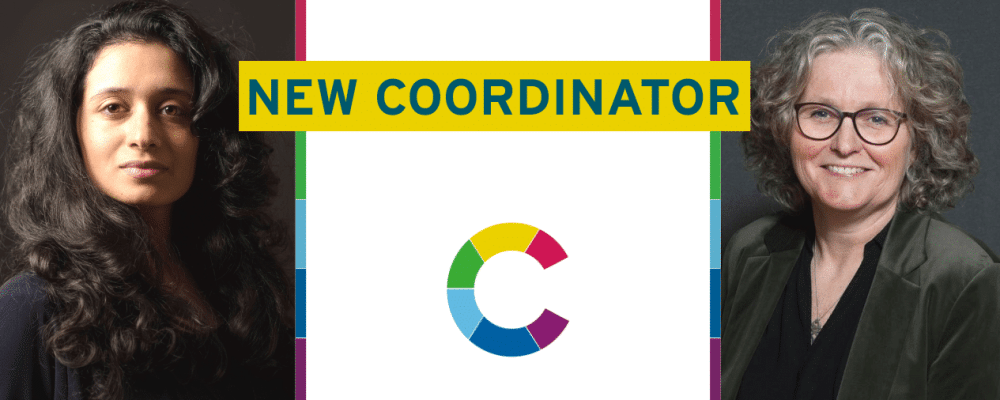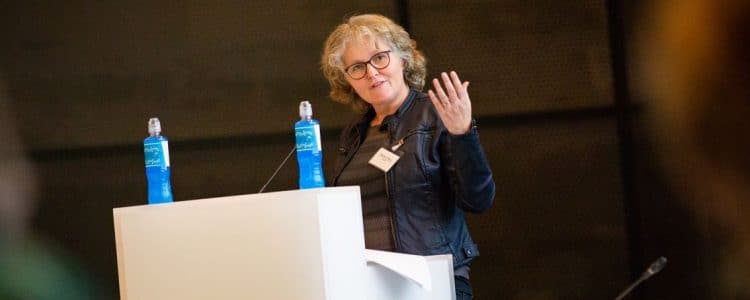
Carina Bos works at WO=MEN (pronounced women equals men), the Dutch Gender Platform. WO=MEN is an innovative network in which various development, gender and women’s rights organizations, entrepreneurs, and activists work together. The platform is committed to a world in which all men and women have equal rights and opportunities.
Carina explains how, throughout her career, she became more and more interested in gender and gender inequality:
“My work for WO=MEN has opened my eyes to how gender inequality influences daily life. Take, for example, access to education – missing out on school has a huge long-term effect. And gender also plays a role in disasters like the collapse of the Rana plaza in Bangladesh, which affected mostly women, who were working in a very unequal situation. This motivates me to understand these situations better, as well as to take action.”
Carina is happy that the new policy framework of Minister Kaag emphasizes the equality of gender (SDG 5). However, now that the issue has been acknowledged, it doesn’t mean that Carina can sit back:
“There is still a lot of work to do. For example, the focus on trade in policy has a lot of advantages, but we still need to look critically at how it affects women. Trade should also take an inclusive approach. Moreover, the implementation of the policy framework is yet to be done, so we are watching that closely.”
Knowledge is key in Carina’s work in order to understand the on-the-ground situation better:
“Different sources of knowledge can complement each other, you can combine the best of both worlds by connecting practice with academic research. Within WO=MEN we also have a lot of NGOs with experience from the field and there is a growing demand for complementing types of knowledge. This shows the added value of combining different knowledge resources.”
Carina acknowledges that knowledge platforms, like WO=MEN and INCLUDE, play a crucial role in brokering these different sources of knowledge:
“What is unique about knowledge platforms is that they are a space in which a lot of knowledge is united and shared through a comprehensive network – that’s the added value.”
Carina concludes that this added value is very visible in INCLUDE:
“Knowledge in itself might be a bit abstract, but once you dive into the different research projects of INCLUDE, with the field work and results, it becomes very tangible. Take, for example, the research on empowering female Ugandan entrepreneurs. This is an example of research that can support and strengthen our activities.”









